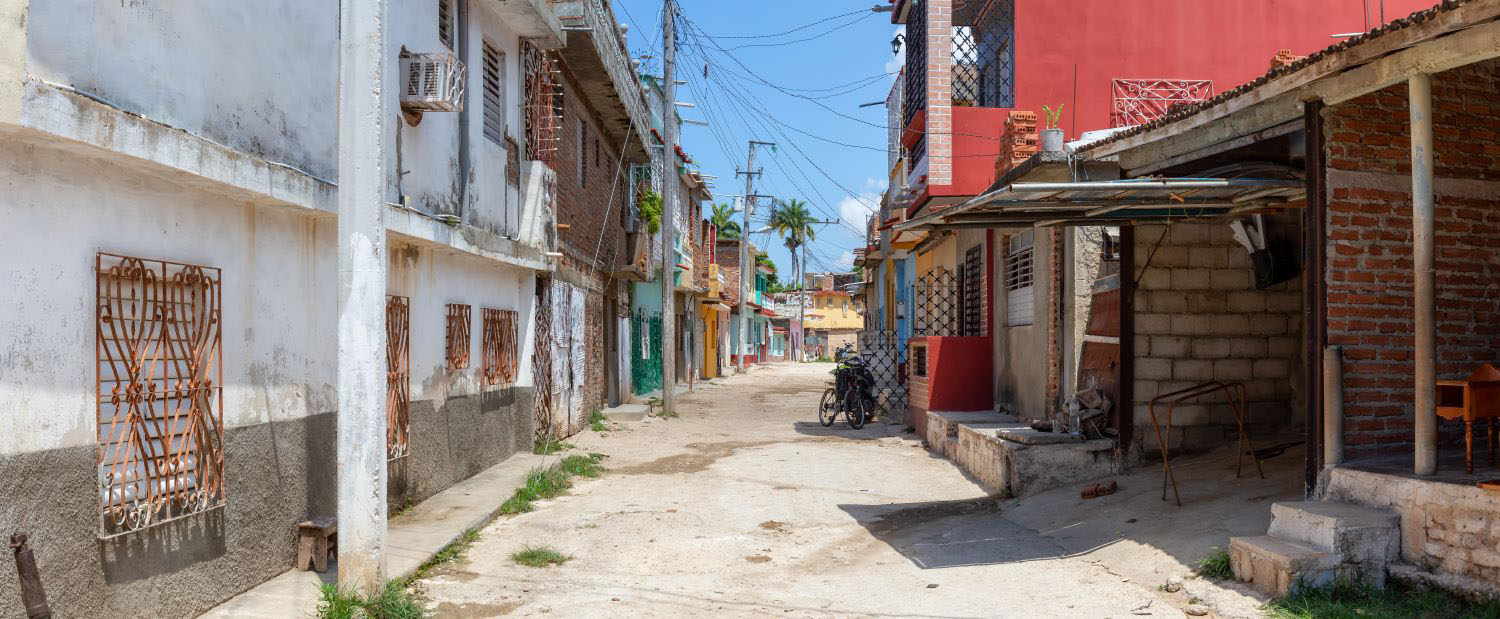On Thursday, the leaders of 30 African countries signed a European Commission action plan tasking them–in exchange for a $2 billion “emergency trust fund”–to take back economic migrants looking to settle in Europe. If this sum is meant as a bribe, it is a bad deal. With remittances dwarfing foreign aid worldwide ($580 billion versus $135 billion in 2014), migration is a better deal for Africa than aid.
If the agreement is intended to truly foster development in Africa, it will also fail. The amount offered is miniscule; even if EU member countries match the fund to $4 billion as intended, it will only equal 0.2 percent of one year’s GDP of the developing countries in Sub-Saharan Africa alone. This cannot in principle have transformative economic effects.
Further, there is no evidence whatsoever that economic growth actually reduces migration. In fact, development in the very poorest countries has the opposite effect. As the economies of countries like Eritrea and Mali (GDP per capita of approximately $1,500) grow towards the level of Algeria and Albania ($10,000 to $12,000 per capita), migration rates will not typically fall. In fact, on average, they are likely to triple.
The EU should instead put this $2 billion into a cooperative mechanism where relevant actors share responsibility for managing this crisis. Increasing legal migration channels for students and seasonal labor, as rumored, is a basic but vital starting point. European leaders must remember that helping migrants to flee crisis is not just an act of generosity, but also in their own self-interest.
CGD blog posts reflect the views of the authors, drawing on prior research and experience in their areas of expertise.
CGD is a nonpartisan, independent organization and does not take institutional positions.





